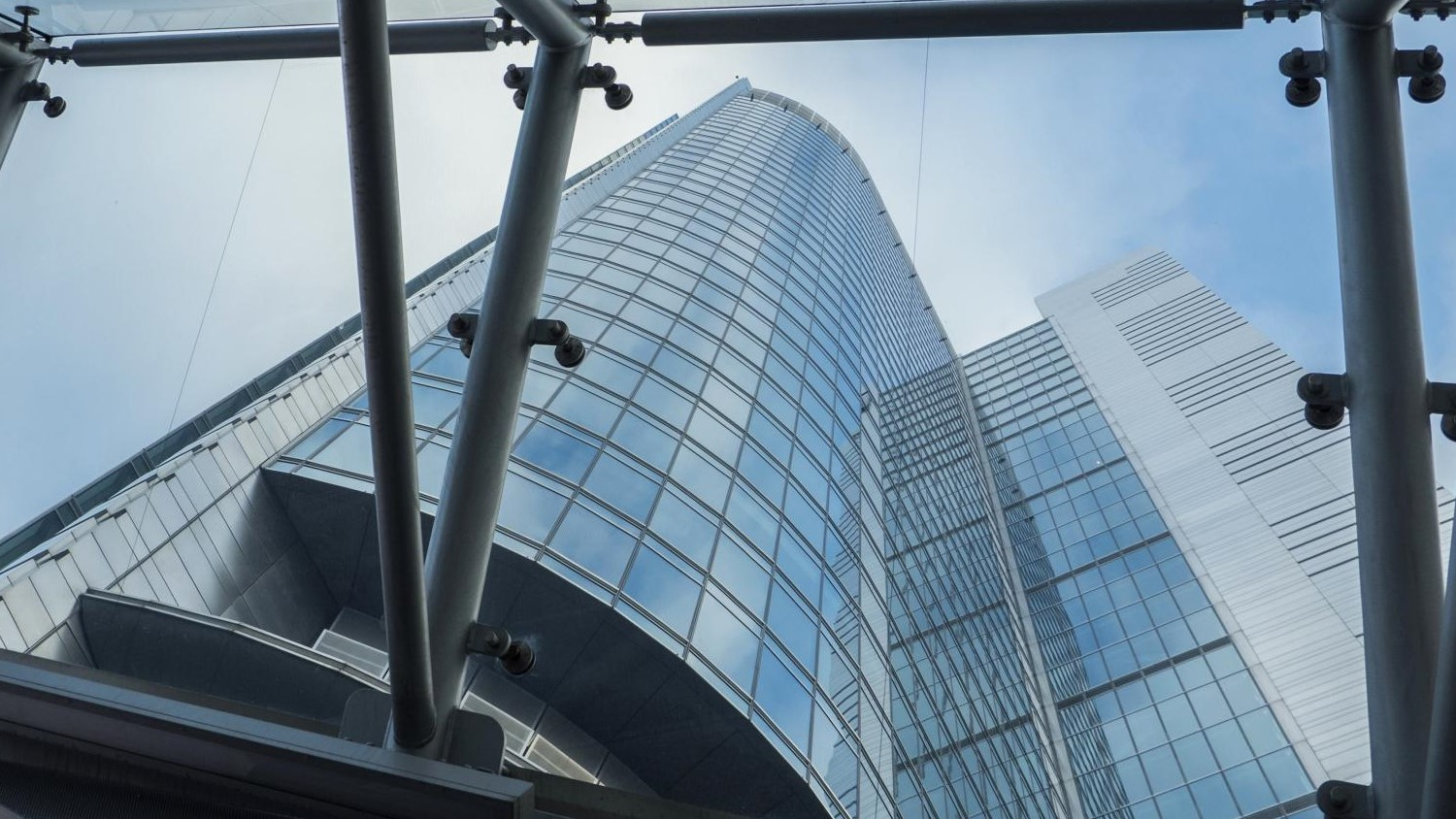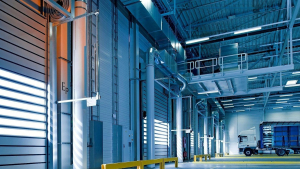
The uncertainty that prevailed in the Czech commercial real estate market in the second half of 2022 has been reflected in Q1 2023. Although the market is already calmer, according to Colliers' experts, it is still awaiting a relatively long period of stabilization.
The volume of investment in the commercial real estate sector in the Czech Republic reached approximately €400 million in Q1 2023, which is the largest amount since the very successful Q1 2022. “The full-year volume of investment in commercial real estate is expected to be between €1 and 1.5 billion this year. We expect the market to gain more momentum in early 2024. Meanwhile, price expectations should normalise," predicts Josef Stanko, senior analyst at Colliers.
The largest transaction, which accounted for more than 50% of the investment volume in the first quarter, was the sale of Trei's retail portfolio. The latter consisted of several dozen retail parks and retail buildings. Other transactions involved primarily older office buildings, and industrial and residential properties. "Although the number of transactions is still down, there is a noticeable focus by investors on value-added assets or purely opportunistic acquisitions. There has been increased interest in brownfields, projects in trouble and land for future use," notes Josef Stanko, adding that traditionally local investors from the Czech Republic have dominated the market -- accounting for 89% of the overall volume.
Pricing remains a big question mark; especially, as there are no traditional investment products on the market and benchmark prices are difficult to estimate. "Nevertheless, mainly due to the funding situation, we have decided to move the prime yield for offices outwards by 25 basis points to 5.25%. Other benchmarks for prime yields of shopping centres, high street and industrial assets were left unchanged at the previous quarter's level in the quarterly review," comments Josef Stanko. If premium properties such as new class-A offices or well-priced logistics complexes come to the market this year, they are likely to maintain their high price levels compared to pre-crisis rates. With higher average lease expiry times, stable tenants and impeccable building conditions, such properties are also likely to easily meet ESG compliance requirements. Such non-financial indicators can impress even the most conservative investors these days.



